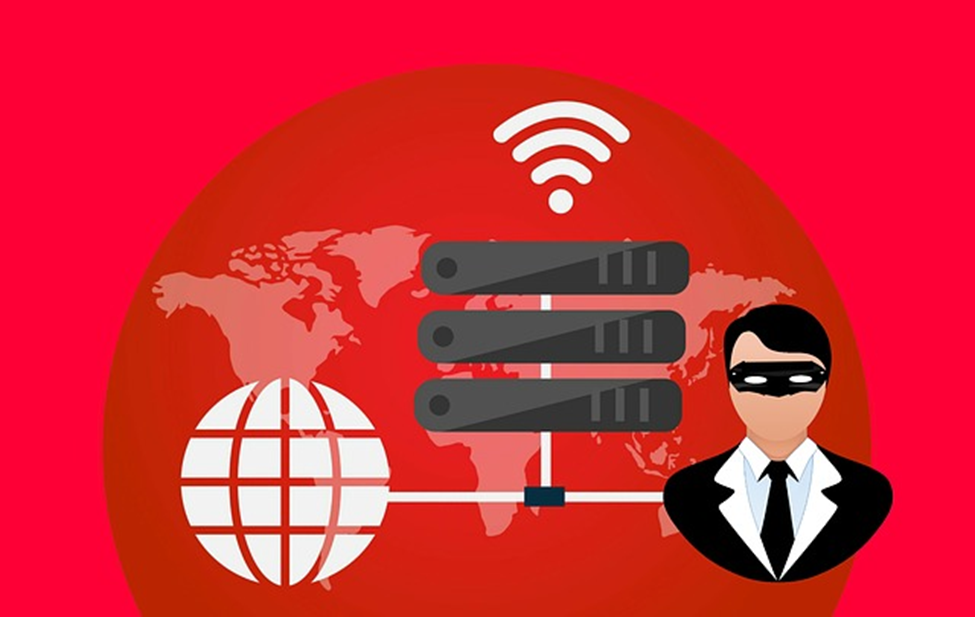Firefox calls it ‘private browsing’ and Chrome calls it ‘incognito mode’. It’s a mode of browsing you can use across all your devices if you want to have a private browsing session. In this article we will explain incognito mode, how to turn it on, and what it does and doesn’t do.

What is incognito mode?
Incognito mode keeps your browsing habits private. Is incognito mode really private? No, it isn’t but if you search incognito, you can hide your history from other users. This can help to safeguard your security on shared devices. You can also avoid unwanted cookies and avoid many forms of tracking. Tracking is mostly done to serve your ads. Incognito mode will also de-active extensions in most browsers so it can give you a ‘clean’ browsing experience.
Turn on incognito mode
The first step is to know about turning on the mode on the phone. If you use an Apple device, you need to learn how to turn on incognito mode on iPhone. This is quite simple. Open up your Safari app on your iPhone and tap on the tabs icon in the lower right. Tap Private and then the plus (+) icon. Your address bar will turn a dark gray color. To turn on incognito mode on your Mac the method is similar whether you use Safari or Firefox. In Safari select File in your Menu Bar and then choose New Private Window. In Firefox click on the menu button on the top-right and choose New Private Window.
What does incognito mode do?
When you turn on incognito mode it makes your browsing private to other users on your device.
- Incognito mode doesn’t keep track of your search history so nobody should be able to see what websites you visit while browsing.
- It doesn’t store the little data packets (HTTP cookies) your browser usually stores on your computer while browsing.
- Incognito mode doesn’t store site data which might include files, images, active logins, and form data.
- It doesn’t save form information which might include sensitive information like your user name. This minimizes the risk of another user on your computer finding out your username.
- Incognito mode doesn’t keep you logged in. You will be logged out of any sites you’ve logged into when using incognito mode.
What doesn’t incognito mode do?
Does incognito work? It does work but there’s a misconception that it’s completely private. It doesn’t hide your IP address or browsing activity from websites, search engines, or your ISP.
- Your IP address is still visible to any search engine or website you visit. Third parties can still see your identity and activity even if you’re using incognito mode.
- Network administrators can still see your activity. If you are browsing on a school or work network, traffic goes through the router out to the web and is fully visible to network administrators.
- When you log into your social media or email accounts, third parties can still see this. If you log into Instagram and visit a certain page, it can see that you visited it and feed you ads based on your activity. Your browser will log you out of these accounts when you’re in incognito mode to minimize the risks of being tracked.
- Search engines and sites can work around not having cookies to track you if they know your IP address and the pages you visit. When you try to access a website, your request is sent through your router and ISP before it goes to the web server that hosts the website. There’s not much you can do to disguise your identity and browsing activity from your ISP.
- Incognito mode won’t protect you against malware, phishing, or malicious websites. This is why you need to use anti-malware protection and make sure it is up to date whether you use incognito mode or you don’t.

Is private browsing safe?
Incognito mode has certain benefits but it isn’t safe. You will need to use a Proxy Server or VPN if you want more privacy and security.
A proxy server acts as an intermediary between your device and the websites you visit. It provides an effective way to disguise yourself but doesn’t secure your connection.
A VPN encrypts your data and provides a secure connection. Only you and your VPN can see your data. Not even your ISP can see it. TOR, short for ‘The Onion Router’ is another option for hiding your identity by encrypting your data and sending it through a random network of relays.
Conclusion
If you want to keep your browser history private, incognito mode may be sufficient for you. If you want more privacy and security, using incognito mode isn’t enough. You will need alternatives, such as a VPN, to stop websites, search engines, and your ISP from viewing your IP address and browsing activity. Online privacy is a big deal these days so we hope this guide helps you ensure safety and privacy.

